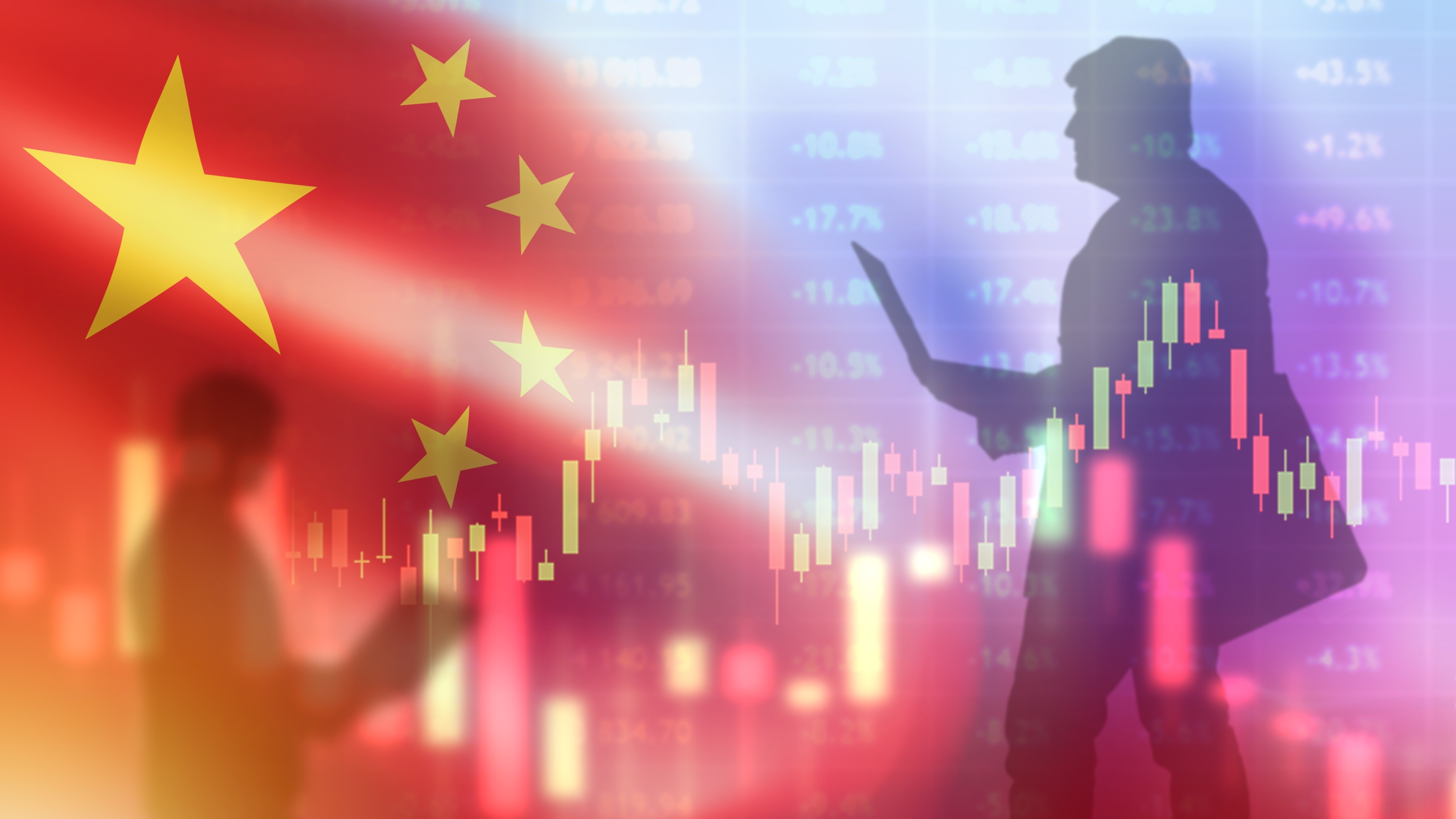The White House’s 125% tariff on all Chinese goods will hit the electronics sector hard, as many tech companies — even American ones such asDelland HP — manufacture products in China. According toBloomberg, the U.S. relies on imports from China for a majority of the following products by value: game consoles (86%, $6 billion), PC monitors (79%, $5 billion), smartphones (73%, $41 billion), lithium-ion batteries (70%, $16 billion), and laptops (66%, $32 billion).This means consumers and businesses that need these products will have few to zero alternatives for products that do not come from China. And if President Trump’s 125% tariff on the country stands, then approximately $100 billion worth of goods will double in price overnight. While game consoles are usually delivered to end users, the rest of the products listed above are also mostly used by businesses, which will increase their costs and might force them to hike their prices in turn — adding more inflationary pressure on the economy.Even if these companies want to build factories in the U.S. to avoid tariffs, it will take some time to set up manufacturing bases and supply chains. So, the average American consumer will have to endure higher prices in the meantime. And local manufacturing does not mean that the SRPs of these products will return to pre-tariff levels, especially if they need to import components and raw materials. (And labor is more expensive in the U.S., further driving up costs.)At the moment, somecompanies, such as FrameworkandRazer are pausing salesto assess how they will deal with the situation.Apple, on the other hand, flew in five planeloads of inventorybefore the cutoff — increasing its pre-tariff inventory to several months, which will allow it to wait out the ongoing chaos without increasing prices. However, most companies aren’t able to do this, and it’s likely we’ll soon see prices rise across the board, especially for products that do not have substitutes that are built in the U.S.Another side effect of the tariff war between the U.S. and China is the latterrestricting the exports of rare earth metals. Beijing now requires exporters of Scandium, Dysprosium, Gadolinium, Terbium, Lutetium, Samarium, and Yttrium to apply for a license, where they mustdetail the final use of these materialsbefore being given approval. While most of us are unfamiliar with these metals, they are required to manufacture our most advanced technologies. Without them, it will be that much harder to create the cutting-edge chips we need to stay at the head of the global tech race.
Get Tom’s Hardware’s best news and in-depth reviews, straight to your inbox.

Jowi Morales is a tech enthusiast with years of experience working in the industry. He’s been writing with several tech publications since 2021, where he’s been interested in tech hardware and consumer electronics.
